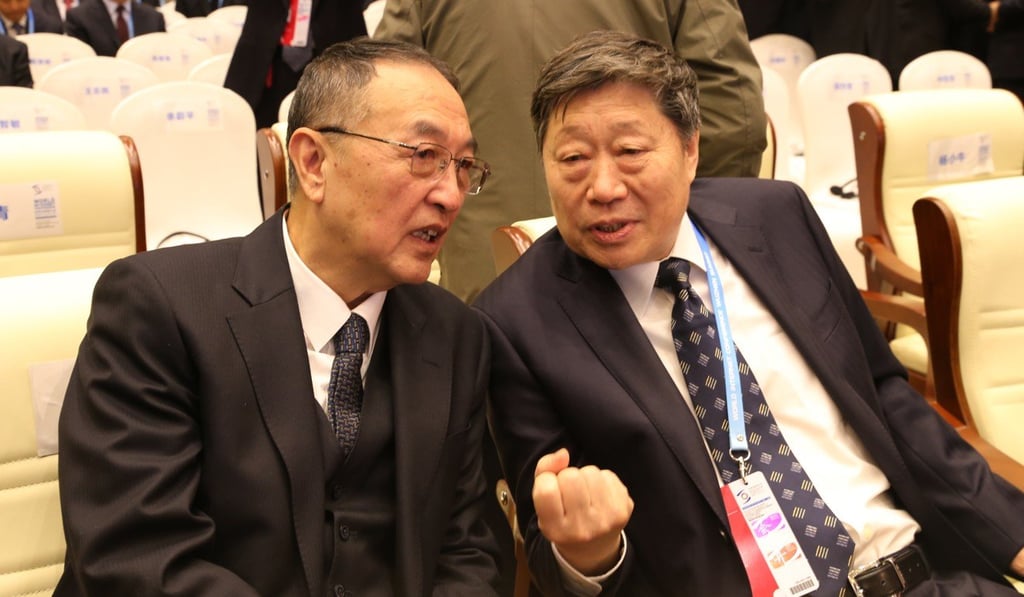Liu Chuanzhi, ‘godfather’ of Chinese PC industry, retires as chairman of Legend Holdings
- Under Liu’s leadership, Lenovo acquired IBM’s PC business in 2004 to expand into international markets

Liu Chuanzhi, 75, the founder of Lenovo Group, has retired as chairman of Legend Holdings, the parent company of the world’s largest PC vendor, according to documents filed with the Hong Kong stock exchange on Wednesday.
Ning Min, currently executive director, senior vice president and chief financial officer of Legend Holdings, will succeed Liu as chairman. Ning joined Legend in 1991. In retirement, Liu will serve as honorary chairman, senior adviser and member of the strategy committee of the board of directors.
“This systematic inheritance plan was tailor designed … to satisfy the pressing needs of the overall corporate development and gained overwhelming support from the board of directors,” Liu said in a statement on Wednesday. “This specific personnel reassignment has been initiated in tandem with the pragmatic and long-standing development requirements of the company.”
Zhu Linan, executive director and the president of Legend Holdings, will resign as president but continue to serve as a director, while Li Peng, senior vice president, was appointed as CEO.
Born in Zhenjiang City, east China’s Jiangsu Province in 1944, Liu along with 10 other researchers received an investment of 200,000 yuan (US$28,580) from the Institute of Computing Technology (ICT) of the Chinese Academy of Sciences, to set up the ICT New Technology Development Company in 1984, which was the beginnings of Legend, which later became Lenovo.

From modest beginnings in an area less than 20 square metres at ICT, Legend has developed into an international conglomerate over the past 35 years with both financial and strategic investments in industries spanning from IT, financial services, agriculture to advanced manufacturing and investment management.